Rio 2016: Court of Arbitration for Sport sets up fast-track Olympic doping court
- Published
Russian drugs cheats will be in Rio - Stepanovs
The Court of Arbitration for Sport is opening a Rio office to fast-track doping cases at the Olympics.
A new Cas anti-doping division has been created to act on doping violations at the Games.
Previously, cases were first heard by the International Olympic Committee, which has delegated its powers to Cas.
Cas said it will hear cases and appeals throughout the Games, from 5 to 21 August, and would be able to impose temporary sanctions if warranted.
A Cas court - the Cas ad hoc division - has been in place at every Olympics since 1996 to resolve any legal disputes arising at the Games.
But this is the first time a specific anti-doping court has been set up to run alongside it and take the lead on doping violations throughout the event.
Earlier on Tuesday, whistleblowers Yuliya and Vitaly Stepanov told the BBC that Russian dopers "will be in Rio".
This week 37 Russian athletes have been banned from competing in Rio by their respective federations, with more set to follow.
This was after the IOC asked governing bodies to decide which Russian athletes could go to the Games in the wake of a report into state-sponsored doping in Russia.
The IOC had decided against enforcing a blanket ban on Russian athletes but said the federations should consider whether the athletes had previously been sanctioned for doping or satisfied strict testing criteria.
Some have questioned the validity of the decision to ban Russian athletes on the basis of having been previously sanctioned. An earlier Cas ruling - known as the Osaka rule - had blocked attempts to do this, arguing there could not be a double punishment for already sanctioned athletes.
- Published26 July 2016
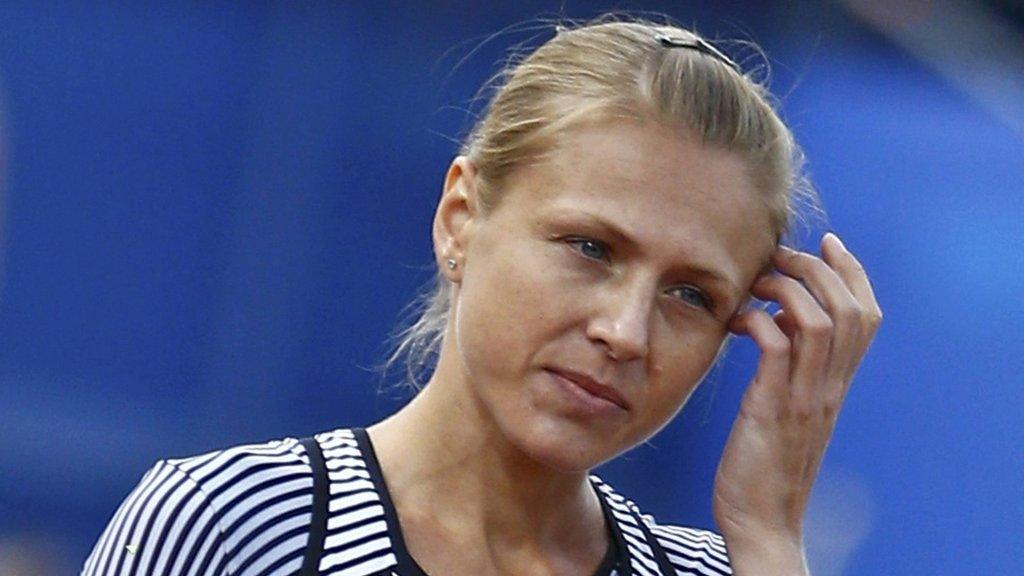
- Published26 July 2016
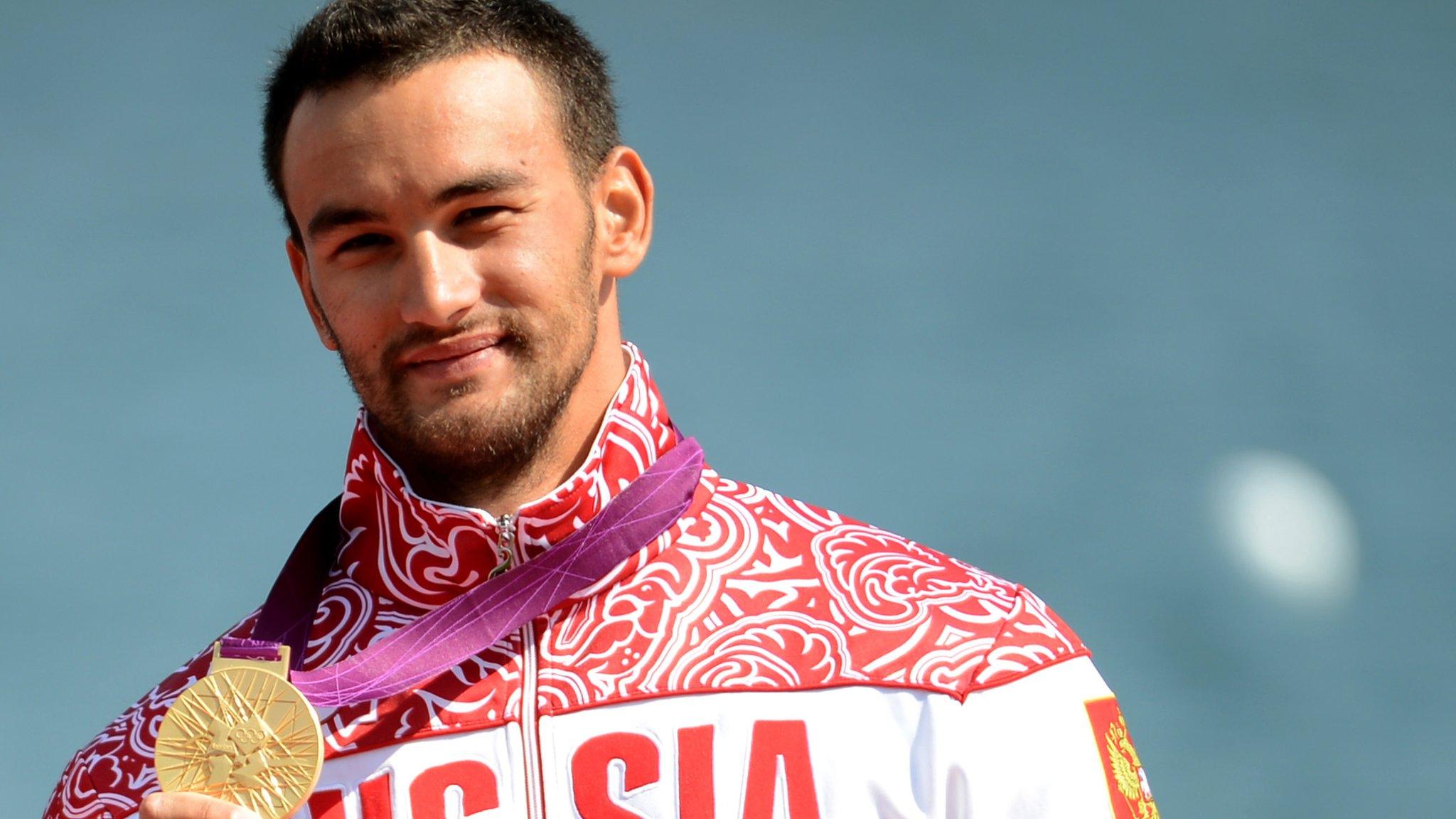
- Published25 July 2016
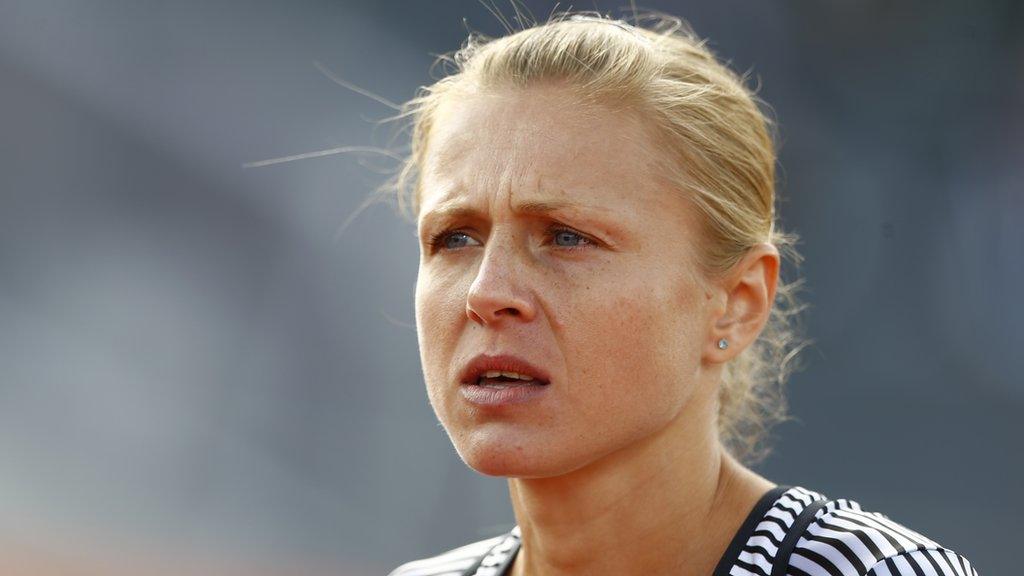
- Published25 July 2016
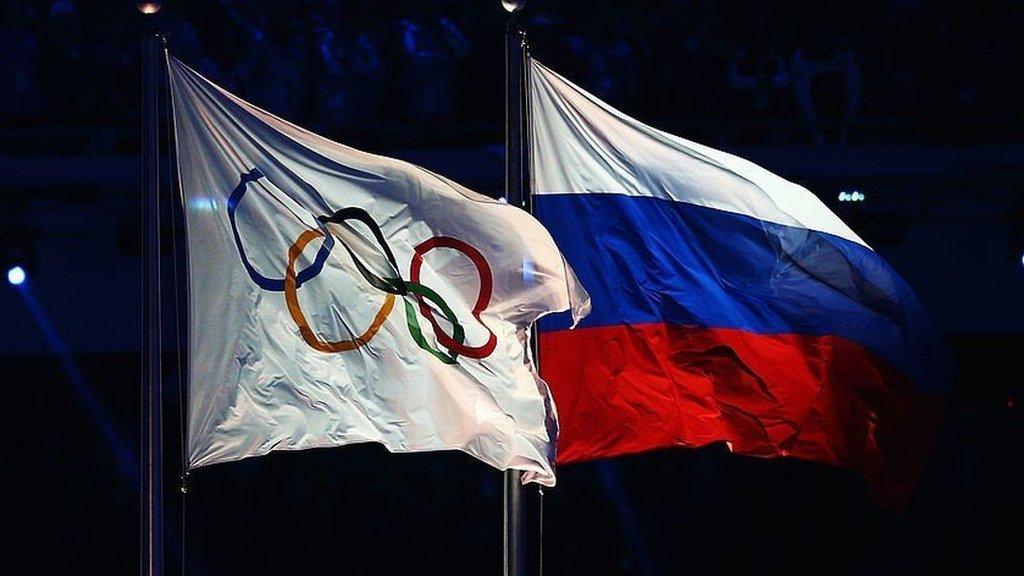
- Published24 July 2016
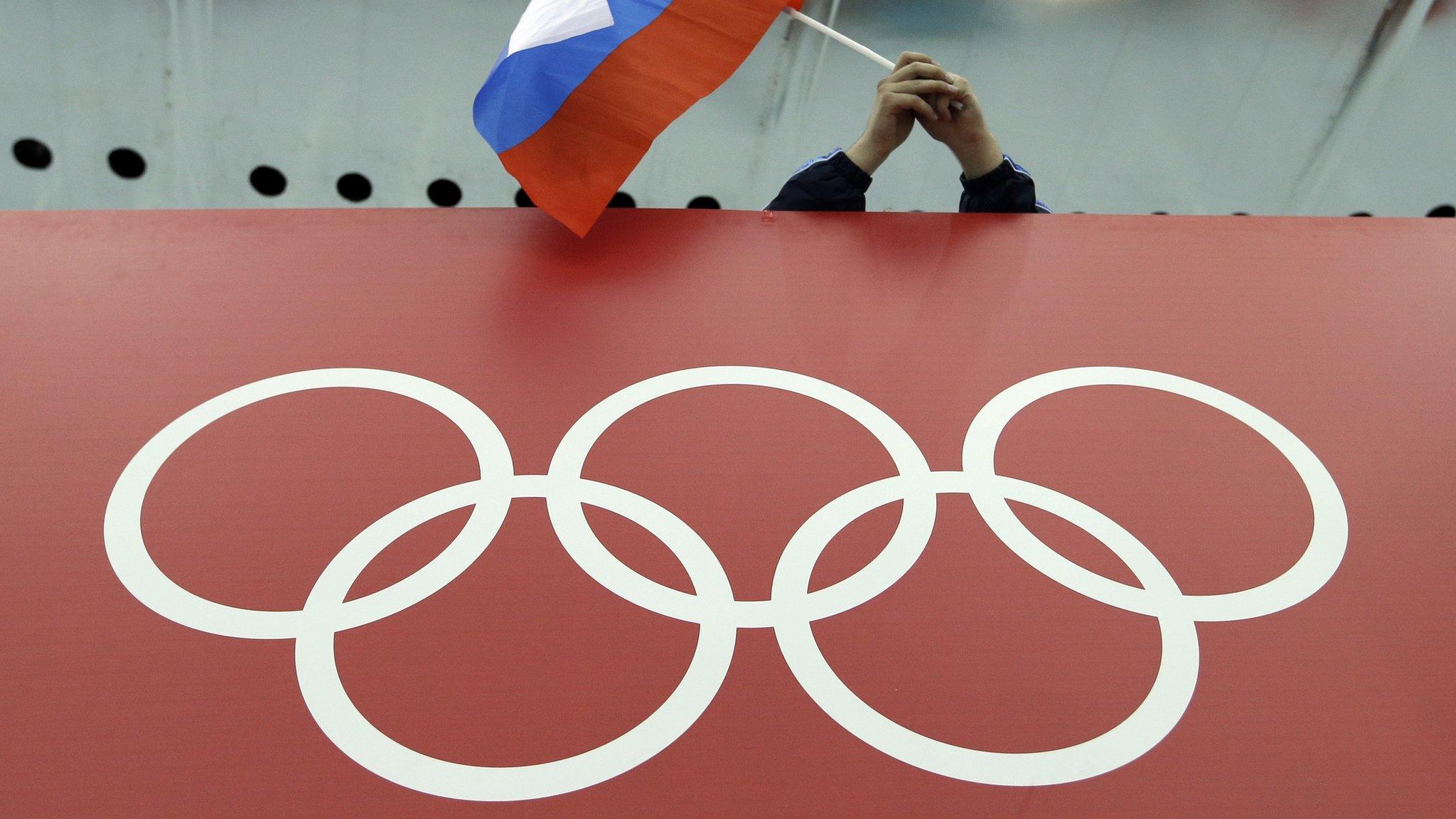
- Published19 July 2016
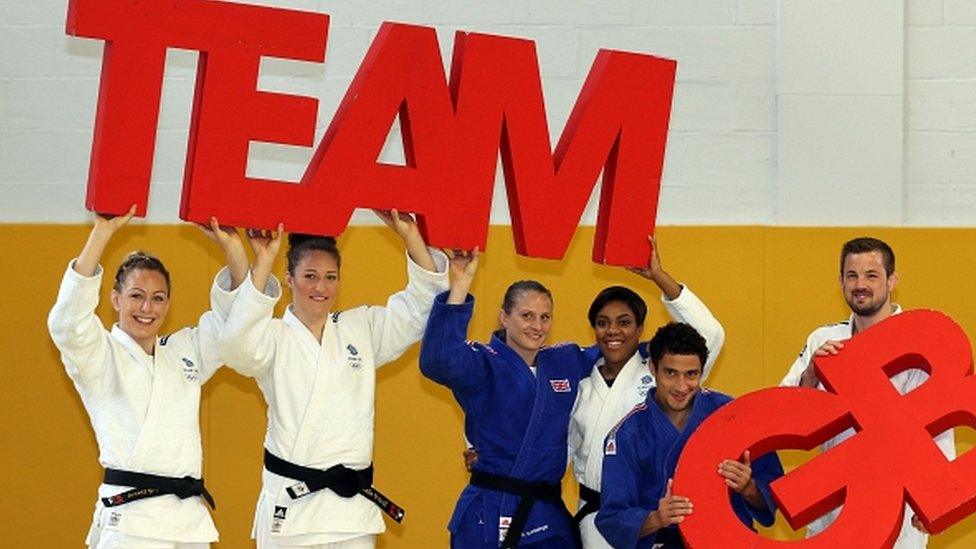
- Published19 July 2016

- Published13 May 2016
